Introduction
Baking soda is an extremely common ingredient that can be found in most people’s homes. It’s used for cleaning and sometimes even for baking (as its name suggests). But can dogs eat baking soda?
We’re answering this question and more in this article, so do keep on reading!
Is Baking Soda Good for Dogs?
The short answer is no. Unfortunately, baking soda can be quite hazardous for dogs, whether puppies, pregnant ones, healthy adult pets, or senior animals.
In all of these categories, it causes several quite unpleasant symptoms, which we will detail in the section below.
The biggest problem when it comes to baking soda is that some people use it when they get heartburn. One teaspoon mixed in some water can minimize the symptoms of heartburn, so they naturally think that it has the same positive effect on their pet’s health.
But that couldn’t be farther from the truth. The toxicity of this ingredient depends on several factors, such as the dog’s general health status and size.
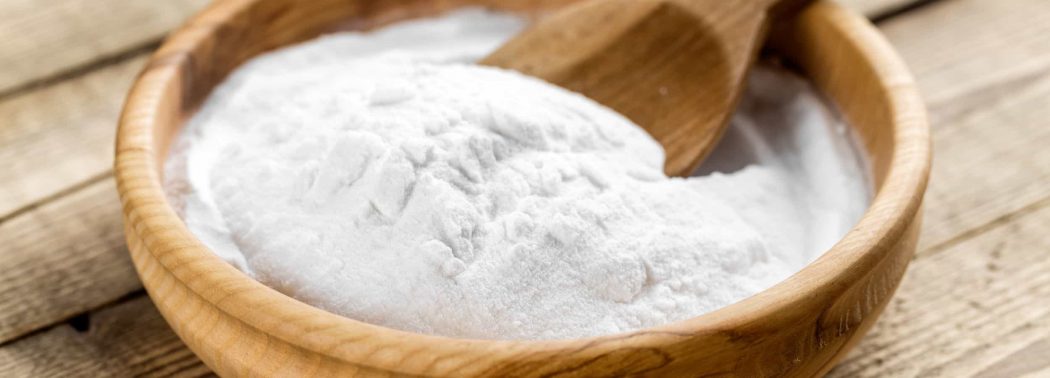
Is Baking Soda Bad for Dogs?
Yes.
One of the most common symptoms that this ingredient can lead to is digestive distress, but since this can take many forms, we thought we’d note several clinical signs that dogs can show in this situation:
- Vomiting
- Diarrhea
- Trying to retch but not being able to do it
- Disorientation
- Muscle spasms and cramps
- Tremors
- Seizure
- Shortness of breath
Baking soda can also wreak havoc in a dog’s cardiovascular system, which is why your pet could experience changes in their heart rhythm or blood pressure.
The worst outcome from giving your dog baking soda or baking powder would have to be congestive heart failure. While this condition is far more common in dogs that have pre-existing cardiovascular health complications, such as most senior and obese dogs, it can sometimes affect otherwise healthy adults, too.
What’s worse, baking soda can be a common ingredient in human shampoos. So, if you’re thinking of using this type of product for cleaning a dirty dog, think again — if they accidentally ingest some of the foam, they might start showing some of the symptoms that we have mentioned.
How Much Baking Soda Can My Dog Eat?
None!
You should never give your dog baking soda or any similar baking agent whatsoever and in any situation.
You should also instruct all of your family members, flatmates, and friends not to give your dog baking soda.
Moreover, you should secure your pantry cabinet to ensure that your dog never has access to their contents.
Cakes and other delicious treats that might contain this ingredient are just as dangerous, and while it is true that the symptoms shown by the dog might only relate to their digestive system if they eat such desserts, they should not have any table scraps of this kind.
Baking soda is also sometimes used by people to clean their teeth since it has whitening properties. However, it is not appropriate for your dog’s dental hygiene and should never be used to brush your pet’s teeth.
There are many pet-safe oral health products available out there, and you can always ask your vet which ones they recommend.

Can baking soda poisoning in dogs be cured?
Yes.
Time is of the essence when it comes to the treatment, though, which means that you should take your pet to the animal hospital right after you have discovered that your dog ate baking soda.
The vet can try to induce vomiting using hydrogen peroxide (or they might instruct you to do this at home during a phone call).
Afterward, they will keep your dog under observation and administer IV fluids since baking soda can also mess up your dog’s electrolyte metabolism. Activated charcoal can also be used to absorb the substance from your dog’s digestive tract in case more than 30 minutes after the ingestion has passed.
Frequently Asked Questions
No. Even though baking soda becomes less concentrated when it is mixed with water, the resulting product is still unsafe for dogs.
Some people use baking soda paste to clean their pet’s food and water bowls, and while it is a great cleaning agent in this sense, you should always make sure that the accessories are thoroughly rinsed with plain water afterward.
The toxicity of this ingredient depends on whether your dog already has health issues. Even one teaspoon of baking soda can be dangerous if you have a Chihuahua or Pomeranian that is under treatment for heart or kidney conditions, for example.
Therefore, any amount of baking soda is risky for dogs.
Since both baking soda and baking powder are poisonous to this species, we do not recommend giving your dog cake. Even if you have prepared it at home with the best and safest ingredients, if you’ve added any of the formerly mentioned baking products to it, it is not good for your dog.
Besides all this, a cake can have other things, especially if you buy it from the store — artificial colors, flavors, and worst of all, artificial sweeteners like xylitol and sorbitol, both of which can be deadly for dogs.
Summary
So, can dogs eat baking soda? No.
Baking soda can mess up a dog’s system to the point that they suffer a bad case of poisoning. You will end up at the emergency vet clinic with your pet if your dog accidentally ingests this ingredient.
Sources
- Xylitol toxicity in dogs, Alexander Campbell & Nicola Bates, 2008
- Effects of oral 3% hydrogen peroxide used as an emetic on the gastroduodenal mucosa of healthy dogs, Alicia H. Niedzwecki, Bradley P. Book et al, 2017
- Effects of oral administration of a commercial activated charcoal suspension on serum osmolality and lactate concentration in the dog, Jamie M. Burkitt, Steve C. Haskins et al, 2005
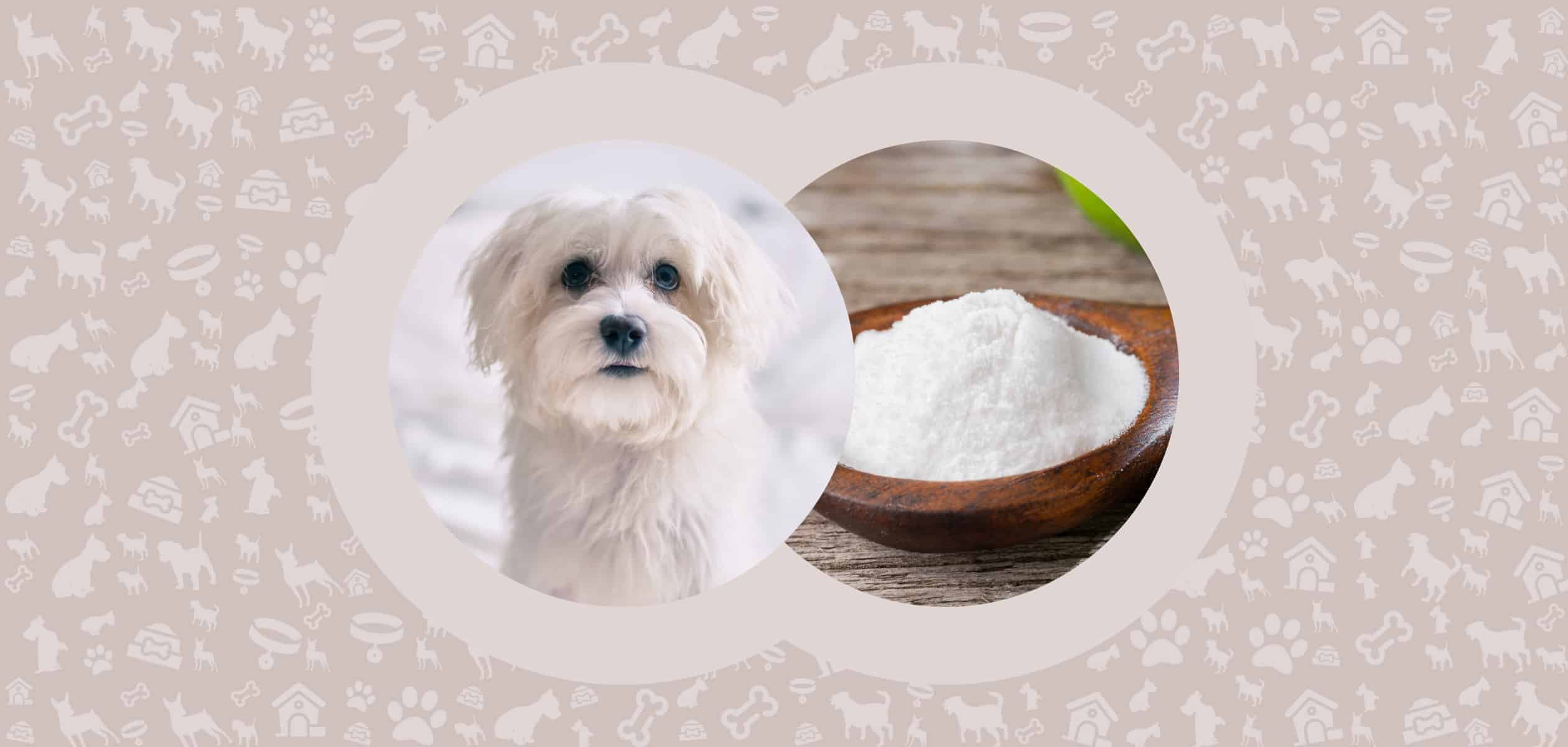
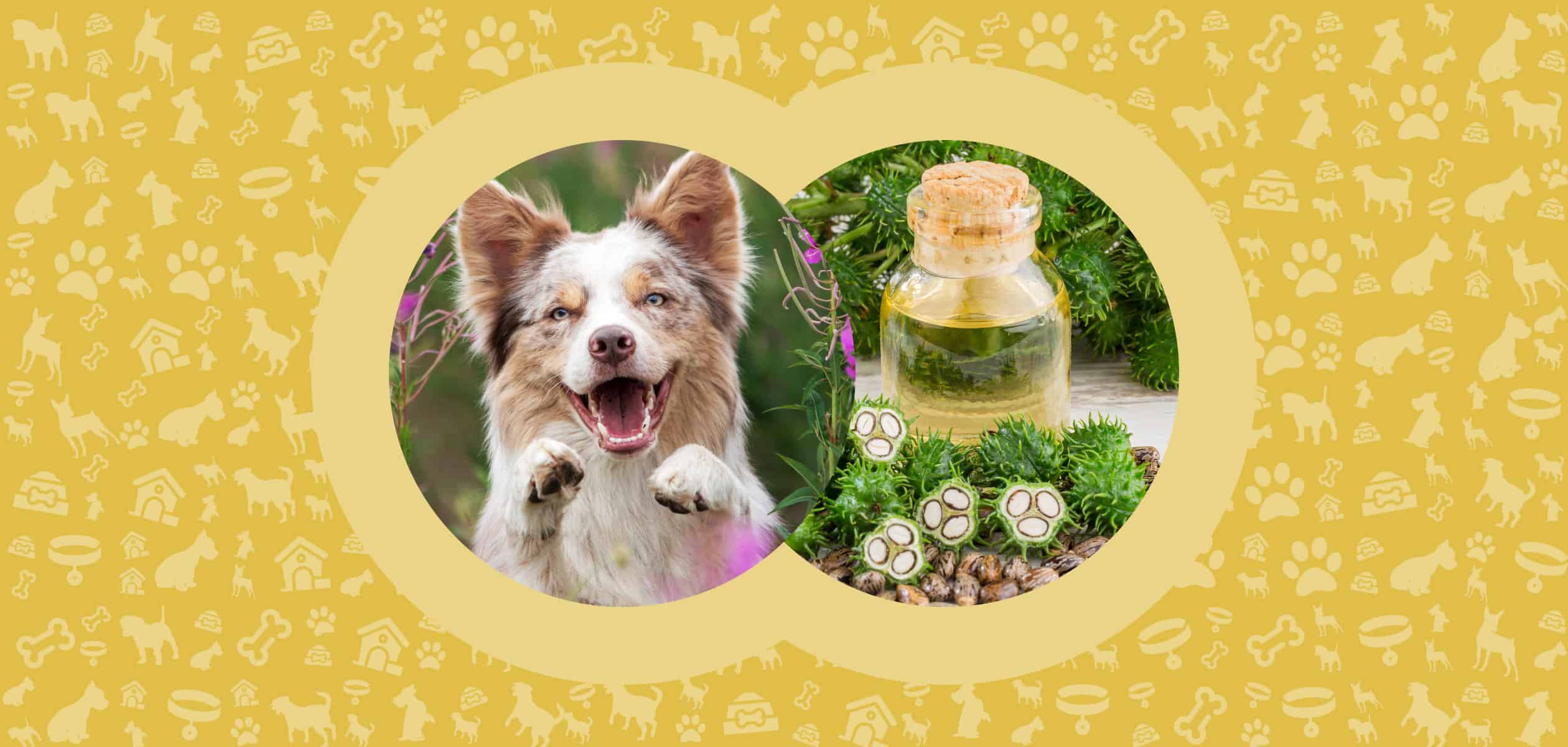

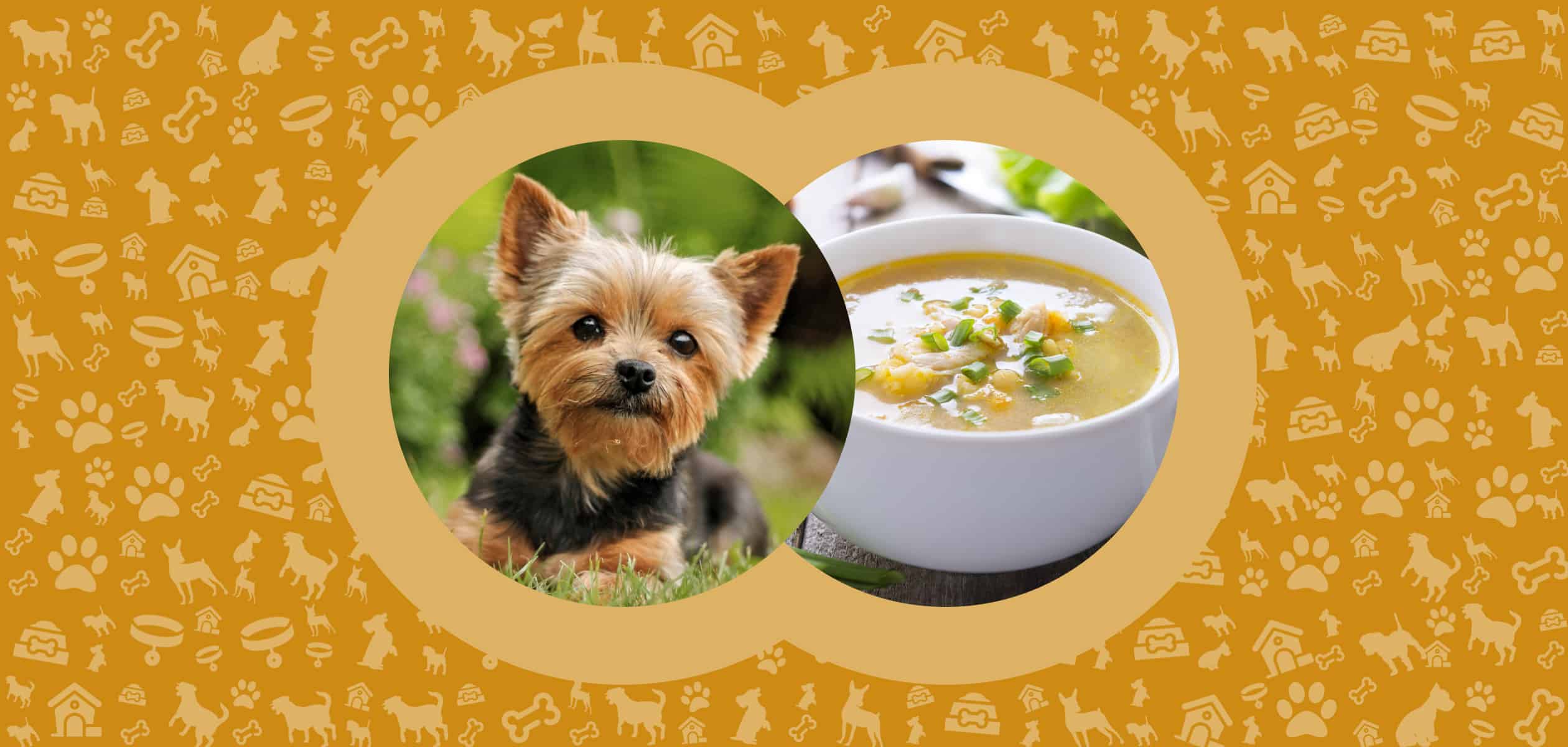
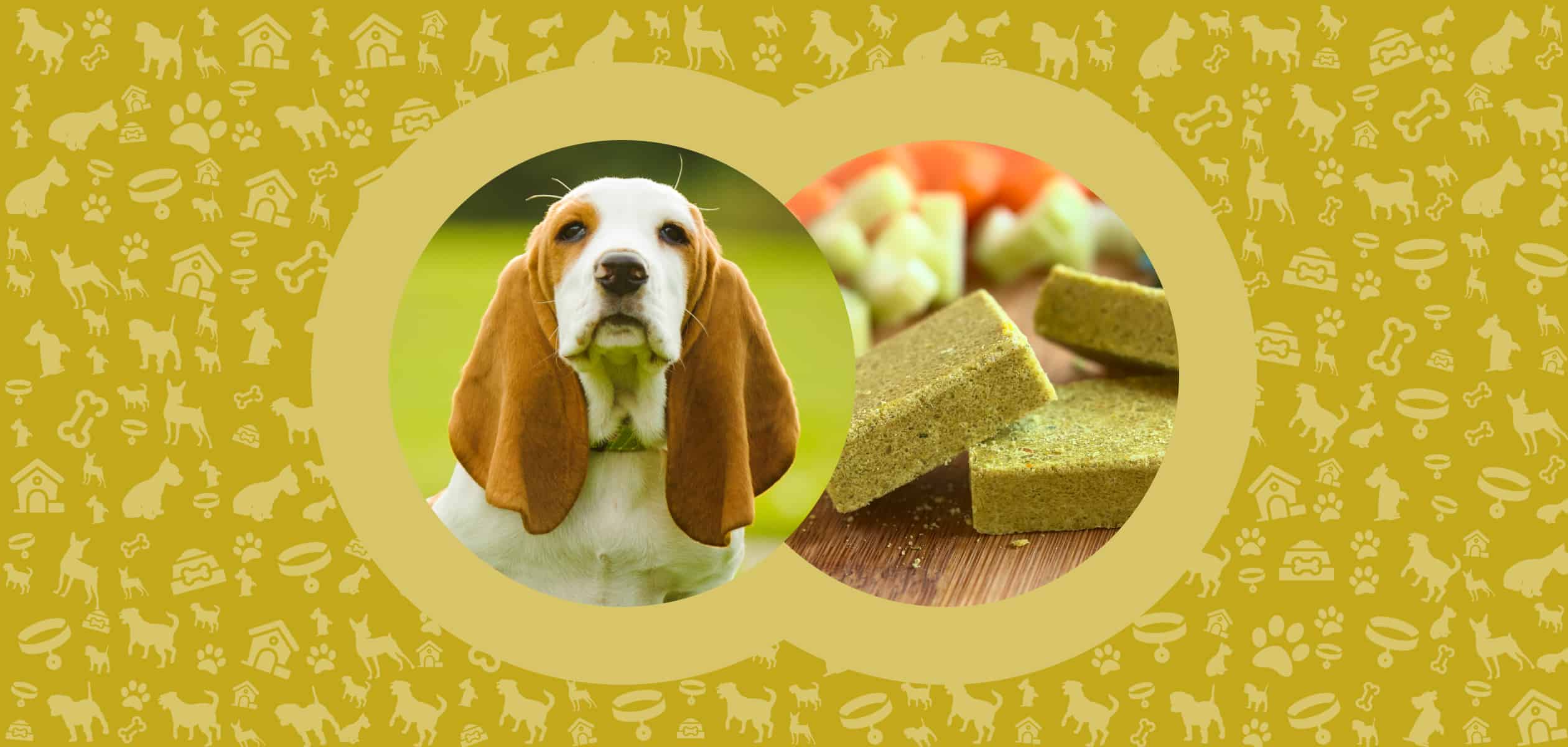
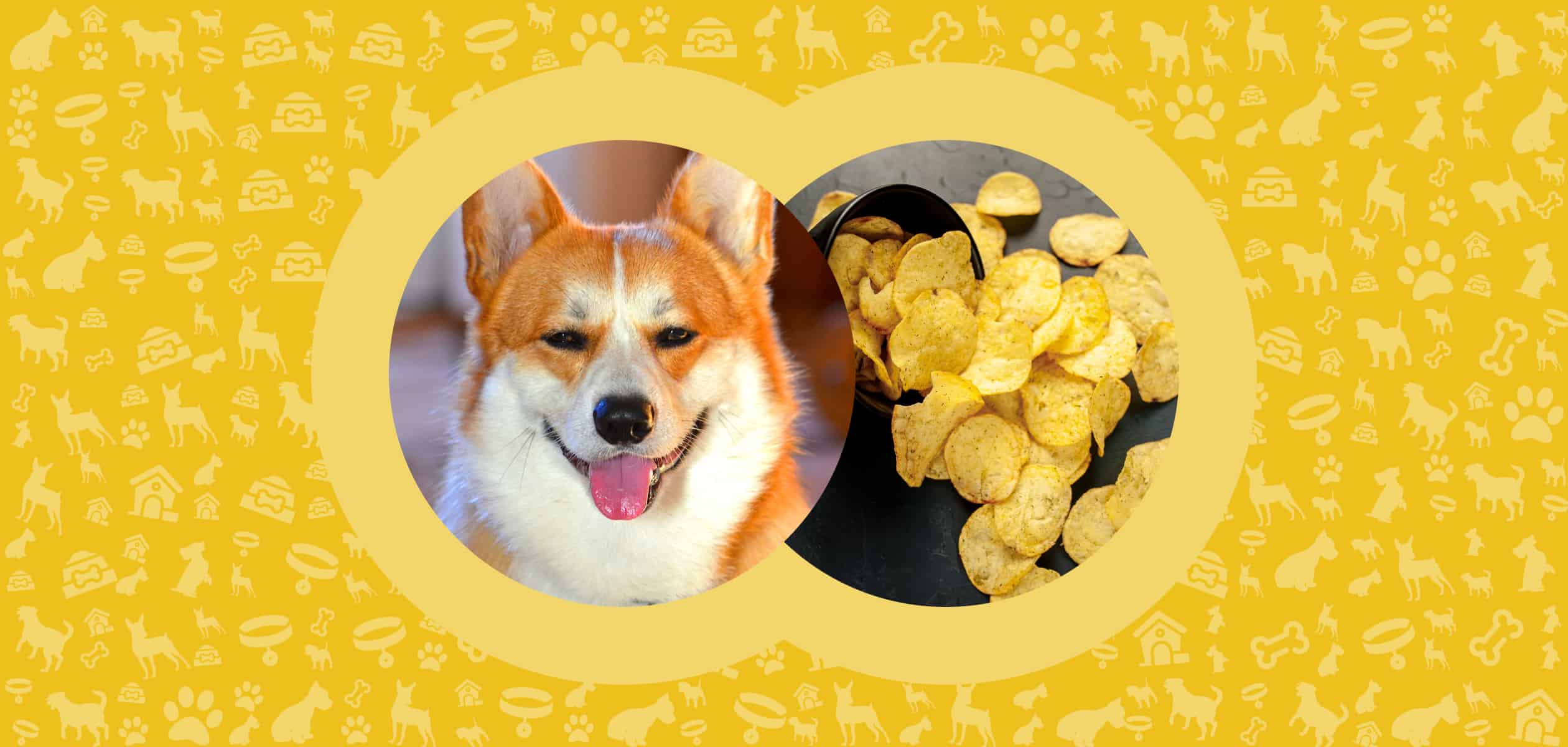

Leave a Comment